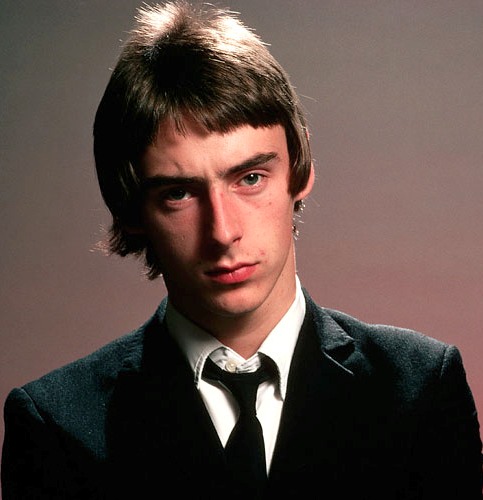

Lee, who had previously been a backing singer with Wham!įree of the limited musical styles he felt imposed by The Jam, under the collective of The Style Council Weller was able to experiment with a wide range of music, from pop and jazz to soul/R&B, house and folk-styled ballads. Weller brought in Steve White to play drums, as well as singer Dee C. The Style Council: 1983-1989 Main article: The Style CouncilĪt the beginning of 1983, Weller collaborated with keyboard player Mick Talbot to form a new group called The Style Council. Their farewell concerts at Wembley Arena were multiple sell-outs their final concert took place at the Brighton Centre on 11 December 1982. Their final single, "Beat Surrender", became their fourth UK chart topper, going straight to No. The announcement came as a shock to Foxton and Buckler, who felt that the band still had many years left. In 1982, Weller announced that The Jam would disband at the end of the year. As the band's popularity increased, however, Weller became restless and eager to explore a more soulful, melodic style with a broader instrumentation. The Jam still hold the record for the best selling import only singles in the UK charts. 8 respectively in the UK singles chart despite not even being released in that country they got there purely on the strength of the huge number of people buying import sales of the German and Dutch single releases. The Jam even had two singles, "That's Entertainment" and "Just Who Is The 5 O'Clock Hero", reach No. They became the only band other than the Beatles to perform two songs ("Town Called Malice" and "Precious") on one edition of Top of the Pops. The increasing popularity of their blend of pop melodies and Weller's barbed lyrics led, in March 1980, to their first number one single, "Going Underground". Although every subsequent single had a placing within the Top 40, it would not be until the band released "The Eton Rifles", with Weller's very political lyrics, that they broke into the Top 10, hitting the No. The Jam's first single "In the City" took them into the UK Top 40 for the first time in May 1977. Nonetheless, The Clash emerged as one of the leading early advocates of the band, and were sufficiently impressed by The Jam to take them along as the support act on their White Riot tour of 1977.

Also, being from just outside London rather than in it, they were never really part of the tightly-knit punk clique. In 1976 Brookes left the band and Weller and Foxton decided they would swap guitar roles, with Weller now the guitarist.Ĭareer The Jam: 1976-1982 Main article: The JamĪlthough The Jam emerged at the same time as punk rock bands such as The Clash, The Damned, and the Sex Pistols, The Jam better fitted the mould of the New Wave bands who came later. Joined by Rick Buckler on drums, and with Bruce Foxton soon replacing Waller on rhythm guitar, the four-piece band began to forge a local reputation playing a mixture of Beatles covers and a number of compositions written by Weller and Brookes. Weller's father, their manager, began booking the band into local working men's clubs. In 1972 Weller formed the first incarnation of The Jam, playing bass guitar with his best friends Steve Brookes (lead guitar) and Dave Waller (rhythm guitar). By the time Weller was eleven and moving up to secondary school at Sheerwater County Secondary music was the biggest part of his life and he began playing the guitar. His love of music started with The Beatles, then The Who and the Small Faces. In 1963 Weller started his education at Maybury County First School.
#PAUL WELLER 80S DRIVER#
His father worked as a taxi driver and his mother was a part-time cleaner. He was initially known as John William Weller but later acquired the name Paul.


Weller was born on in Sheerwater, near Woking, Surrey, England, to John and Ann Weller.
#PAUL WELLER 80S MOD#
He is also the principal figure of the 1970s and 80s mod revival and is often referred to as the Modfather. ĭespite widespread critical recognition in most of all the United States, Weller has remained a national rather than an international star, and much of his songwriting is rooted in British culture. In 1991 he re-established himself as a successful solo artist, and continues to remain a respected singer, lyricist and guitarist. Starting with the band The Jam (1976-1982), Weller then went on to branch out musically to a more soulful style with The Style Council (1983-1989). Paul Weller (born ) is an English singer-songwriter.


 0 kommentar(er)
0 kommentar(er)
